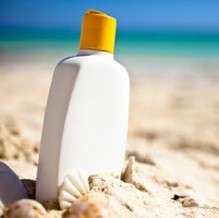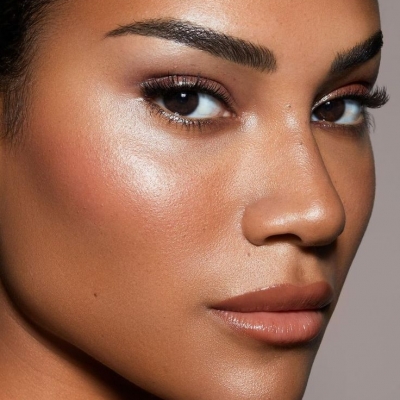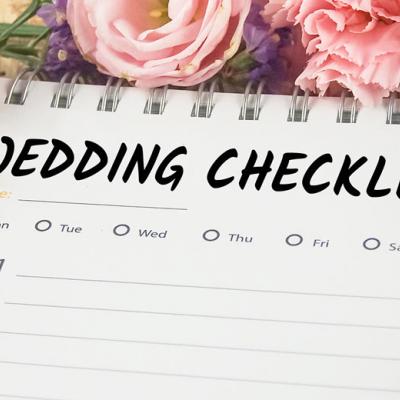Understanding Sunscreen

Have conflicting media reports left you confused about the best sunscreen to use? Or are you even wondering if you should use sunscreen at all?
Lawrence Gibson, M.D., a dermatologist at Mayo Clinic, Rochester, Minnesota offers the following guidance:
What's the best way to sort through the details on sunscreens?
Start by looking beyond the topic of best sunscreen. Get back to the bigger picture, which is protecting yourself from the sun. Here are three main things to keep in mind:
Avoid the sun during peak hours. Generally, this is between 10 a.m. and 4 p.m. — regardless of season. These are prime hours for exposure to skin-damaging ultraviolet (UV) radiation from the sun, even on overcast days.
Wear protective clothing. This includes pants, shirts with long sleeves, and sunglasses. Top it off with a wide-brimmed hat. In addition, consider investing in special sun-protective clothing for golf, gardening, walking, running — even swimming.
Use sunscreen. Liberal use of sunscreen is a key part of any program to protect yourself from the sun.
What does the term 'broad spectrum' mean when applied to sunscreens?
There are two types of UV light that can harm your skin — UVA and UVB. A broad-spectrum, or full-spectrum, sunscreen is designed to protect you from both.
UVA rays can penetrate deeply into your skin and suppress your immune system. This increases the risk of wrinkling and age spots. UVB rays can burn your skin. Too much exposure to both UVA and UVB rays raises your risk of skin tumors, including a form of cancer called squamous cell carcinoma. The best sunscreen offers protection from all UV light.
Does the best sunscreen also have the highest SPF?
SPF stands for sun protection factor. This is a measure of how well the sunscreen deflects UVB rays. Currently, there's no standard for measuring UVA protection.
Manufacturers calculate SPF based on how long it takes to sunburn skin that's been treated with the sunscreen as compared with skin that hasn't been treated with sunscreen. Theoretically, the best sunscreen has the highest SPF number. Many dermatologists recommend using a product with an SPF of 30 or more. However, no one really agrees on a "good" SPF number. A sunscreen with an SPF of 60 might be better than one with an SPF of 30, but not necessarily — and the SPF 60 product isn't likely to be twice as effective as the SPF 30 product.
To understand this, remember how sunscreen is typically used. It might not be applied thoroughly or thickly enough, and it might be perspired away or washed off while swimming. All this can make even the best sunscreen less effective than the SPF number on the bottle would lead you to believe.
Are spray sunscreens better than other types of sunscreen?
You can use sunscreen that comes in any form: spray, lotion, cream, wax stick or powder. Your choice is a matter of personal preference and which area of the body you're covering. If you have dry skin, you might prefer a cream — especially for your face. A gel might work better for areas covered with hair, such as the scalp.
Are some brands of sunscreen better than others?
Try several different brands to see which works best for you. Brand matters less than how you use the product. In general, look for water-resistant, broad-spectrum coverage with an appropriate SPF — at least 15. Check the expiration date, and follow the directions on the label.
What about claims that sunscreen is ineffective?
Even the best sunscreen isn't perfect. Many sunscreens especially fail when it comes to UVA protection. In addition, sunscreen use alone isn't thought to prevent all skin cancers. Yet sunscreens are getting better, and using them is certainly better than using nothing at all.
What else is important to remember about using sunscreen?
When you use sunscreen:
Apply generous amounts of sunscreen to dry skin 30 minutes before you go outdoors.
Use sunscreen on all skin surfaces that will be exposed to sun — especially your face, ears, hands, arms and lips. If you don't have much hair on your head, apply sunscreen to the top of your head or wear a hat.
Coat your skin well and rub sunscreen in thoroughly.
Reapply sunscreen every 2 hours — more often if you're perspiring.
Reapply sunscreen immediately after swimming.
Remember that sand, water and snow reflect sunlight and make it even more important to use sunscreen.
Since UVA rays penetrate glass and clouds, use sunscreen even when it's cloudy or you're indoors but in rooms with lots of windows.
What's the bottom line on sunscreen?
Use sunscreen all year round, but don't let any product lull you into a false sense of security about exposure to the sun. A combination of shade, clothing, sunscreen and common sense is your best bet.







